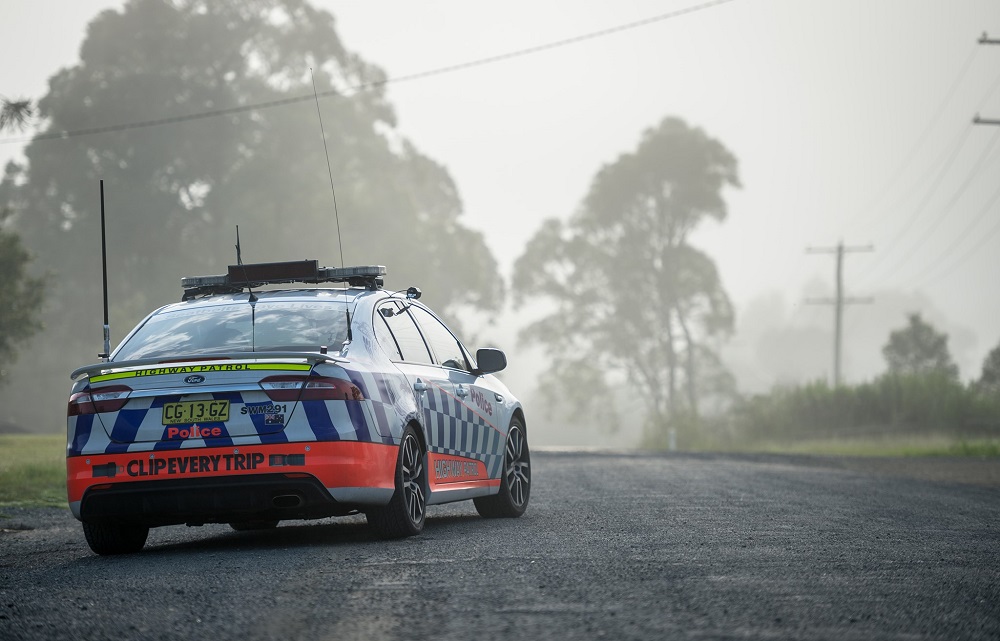
Border closures and reduced trade and commerce have brought to the fore discussions about the risks and benefits of globalisation, and a strong focus on the need to stockpile fuel in Australia.
If the unimaginable happens, and Australia isn’t able to import the fuel it requires, our policing agencies will need to be given priority access to our limited national fuel stocks or their work will simply grind to a halt.
The International Energy Agency requires member countries to hold at least a 90-day supply of fuel. In 2018, Australia was assessed as having just 22 days of crude oil supplies, 59 days of LPG, 20 days of petrol, 21 days of diesel and 19 days of aviation fuel in its stockpiles. The latest monthly Australian Petroleum Statistics report noted that similar stock levels were held in February.
A recent Defence Department ‘war game’ considered Australia’s vulnerabilities in a global crisis and the impacts that would have on national security. The game, conducted with the assistance of defence and industry leaders, indicated that such a situation would trigger a progressive failure of social, industry and economic systems.
A key finding was that a reduction of critical imports such as fuel and telecommunications components, combined with a more general lack of supplies, would severely hamper industries and services across Australia.
Any major disruption of supply chains would have serious consequences for police across the nation. These concerns may have looked hypothetical before the Covid-19 pandemic, but they are more tangible now.
In the weeks since the pandemic hit and brought Australia’s supply chain problems to the fore, some progress has been made on fuel security. The government foreshadowed a reassessment of the strategic fuel stockpile. Energy Minister Angus Taylor announced on 22 April that the government will spend an initial $94 million on a fuel stockpile, to be held initially in the US. There’s currently limited scope to stockpile fuel in Australia, though Taylor has said the government is exploring options for increasing the amount of domestic storage available.
If Australia’s fuel supplies were to run down to crisis point, without adequate forward planning, policing would be severely impacted. The nature of policing means there’s an absolute reliance on vehicles. Attending incidents, transporting offenders and supporting witnesses and victims of crime all require ready and seamless access to vehicles. In regional and remote areas, the geography of our country and the vast distances police need to cover makes their reliance on motor vehicles even more acute.
Planning for the worst-case scenario and not assuming that ‘she’ll be right’ is prudent. So, within national fuel-planning strategies, police need to be part of the considerations before a crisis emerges. Should fuel reserves get to the point of requiring prioritisation, waiting for the legislative instrument under the Liquid Fuel Emergency Act 1984 to be signed and approved by parliament would be too slow a process.
Law enforcement agencies, along with emergency services, provide the glue for society. Without effective policing support, firefighters, ambulance officers and others would face increasingly difficult operating environments. Police also play a vital role in addressing family violence and mental health issues. A lack of fuel would place all of this at risk.
Australia’s energy security has been comprehensively addressed in several reviews, and an interim review was released last year. The last full report, however, was published in 2011. Analysis of the nation’s fuel needs in times of crisis should be undertaken before a crisis emerges. Of course, the volume required by police will be marginal compared with what other categories of users need. But because it’s critical that police and other emergency services function effectively in a crisis, their needs must be factored into this analysis.
Police leadership should think creatively to reduce the impact on their operations from fuel crises or other disruptions. Police officers tend to like large, high-performance vehicles. While there’s a need for some of these to support the work police do in highway patrol or off-road roles, there’s scope for diversifying the fleet.
Hybrid vehicles may have to become the norm for all, aside perhaps from pursuit vehicles—although, even here, the performance available from electric vehicles is impressive, albeit with a range of constraints at present. Too often the personal preferences of officers in highly specialised traffic and collision teams dictate the types of vehicles chosen for police fleets. While hybrid or electric vehicles may not match the ‘gung-ho’ attitude of some, they would provide a reliable option if normal supplies of fuel are not readily available.
Australia needs to become more self-reliant. We need to build and maintain our own onshore supply of critical assets. Broad consideration of lessons learned from the Covid-19 pandemic should include an assessment of policing needs. Police are crucial first responders to almost any major incident or crisis and should always be included in scenario planning exercises.
Too often planners look only within their known universe. Ensuring police are well equipped, with access to uninterrupted supplies of a critical resource like fuel, is vital for a stable community.

